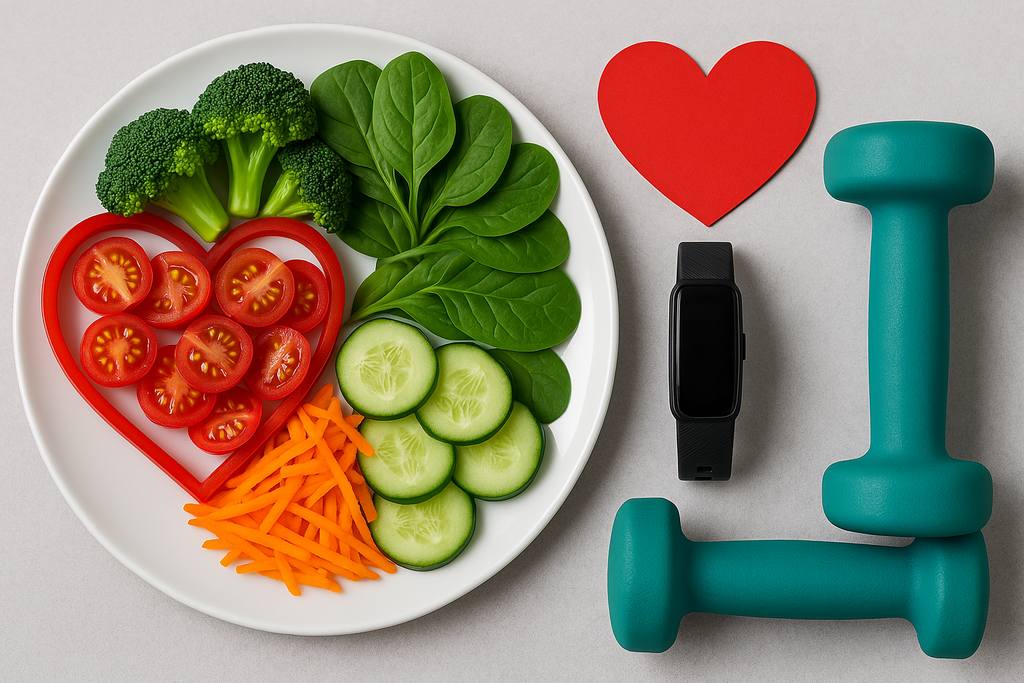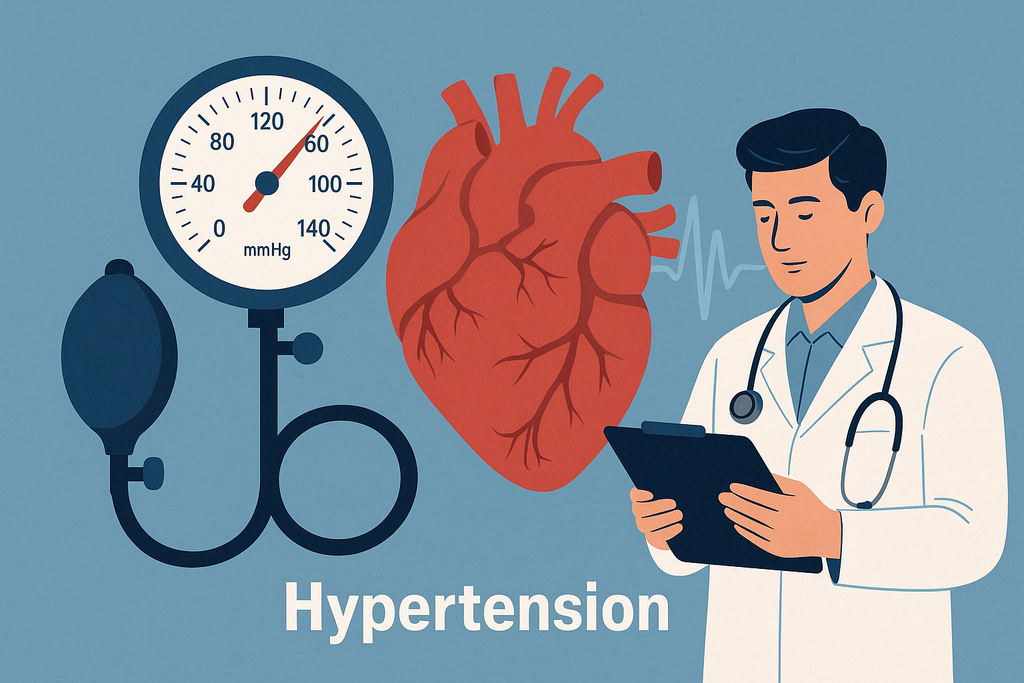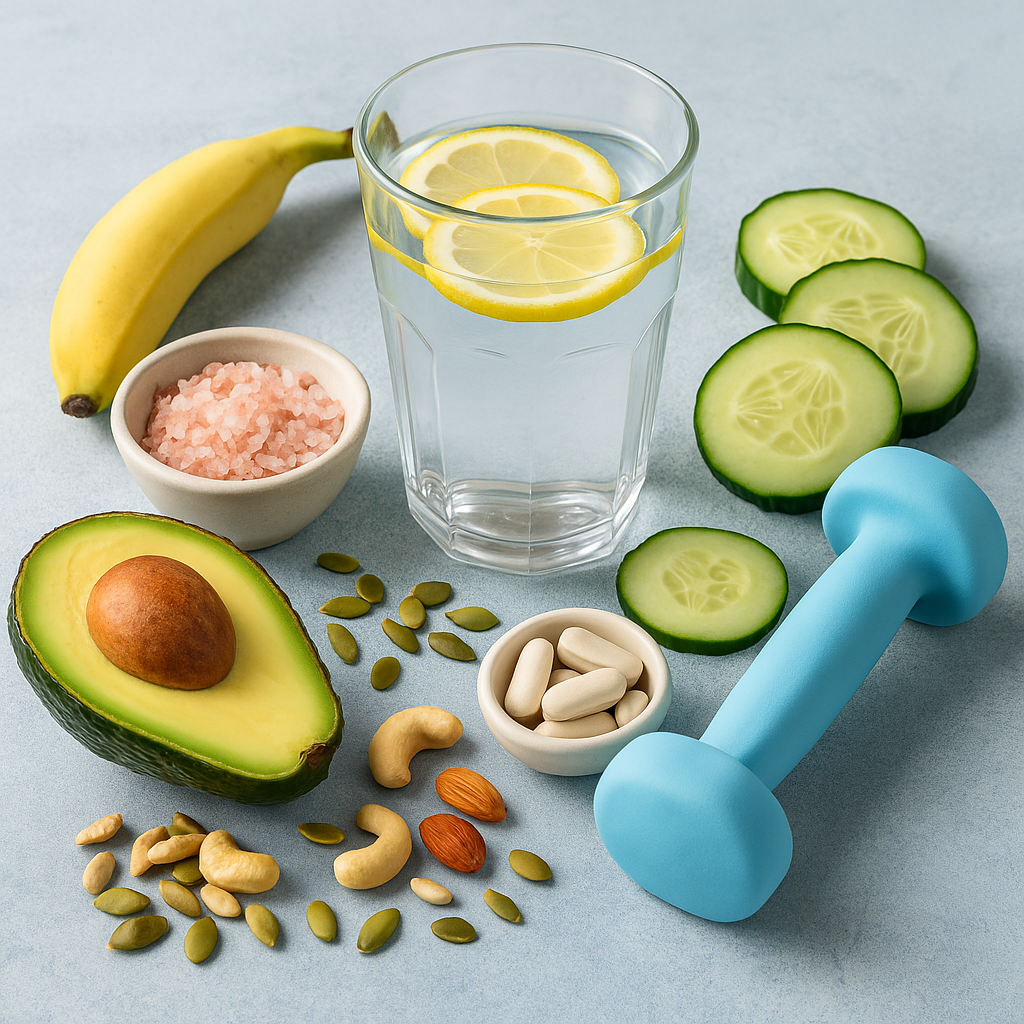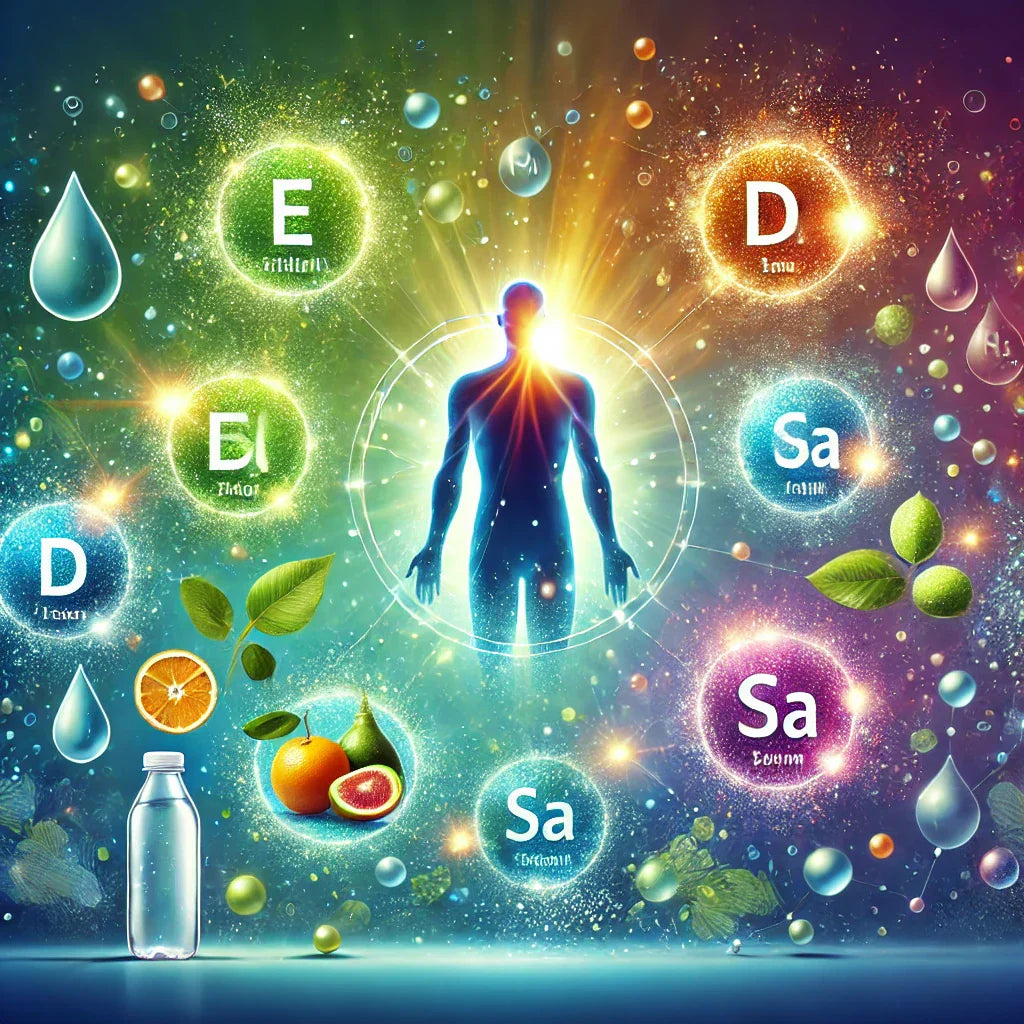News — potassium
How Diet and Exercise Can Lower Blood Pressure Naturally
anti-hypertension diet best foods for blood pressure blood pressure cardiovascular health DASH diet exercise for blood pressure garlic extract heart health home blood pressure monitoring hydration hypertension lifestyle change lower blood pressure naturally magnesium natural remedy omega-3 physical activity potassium stress relief supplements
High blood pressure, or hypertension, is often dubbed the “silent killer” for good reason—it typically shows no symptoms but significantly increases the risk of heart disease, stroke, and kidney failure. While medication is often prescribed, many individuals can effectively manage and even reduce their blood pressure through lifestyle changes alone. Chief among these are a healthy diet and regular physical activity, which together offer powerful, natural control over this common condition.
Rather than relying solely on pills, embracing a nutrient-rich diet and consistent exercise regimen can restore balance to your cardiovascular system. Science consistently supports the idea that what you eat and how you move daily can make or break your blood pressure numbers. In this guide, we’ll explore exactly how diet and exercise can lower blood pressure naturally, what foods and activities to prioritize, and how to build long-lasting habits for heart-healthy living.
Understanding Hypertension: Symptoms, Causes, and Prevention
blood pressure monitor blood pressure readings blood pressure symptoms cardiovascular risk cardiovascular support CoQ10 DASH diet healthy arteries heart health high blood pressure hypertension lifestyle changes for heart magnesium manage hypertension natural blood pressure remedies potassium prevent stroke
Often called the “silent killer,” hypertension—or high blood pressure—is one of the most common and dangerous health conditions in the world. It creeps in quietly, often with no noticeable symptoms, but over time it can damage your heart, brain, kidneys, and blood vessels, leading to serious complications like stroke, heart attack, and chronic kidney disease.
But here’s the good news: hypertension is highly preventable and manageable. With the right knowledge and proactive habits, you can take control of your blood pressure before it takes control of you. This comprehensive guide breaks down what hypertension really is, what causes it, how to recognize it early, and what you can do to keep your heart and arteries strong for life.
The Role of Electrolytes in Hydration and Muscle Function: Causes and Symptoms of Imbalance
calcium electrolyte complex electrolyte deficiency electrolyte imbalance electrolyte supplements electrolytes hydration hydration and performance hydration tips keto electrolytes LongLifeNutri low electrolytes magnesium muscle cramps muscle fatigue potassium rehydration sodium sports hydration sweat loss
Electrolytes are more than just a buzzword on sports drinks — they are vital minerals that regulate countless physiological processes, especially hydration and muscle function. These electrically charged minerals, including sodium, potassium, calcium, and magnesium, ensure that your cells, nerves, and muscles function properly. Without balanced electrolytes, your body can’t maintain fluid equilibrium or support normal muscle contraction and relaxation.
Electrolyte imbalance can lead to dehydration, muscle cramps, fatigue, irregular heartbeat, and even more serious health issues if left unchecked. From high-performance athletes to everyday individuals, understanding how electrolytes work — and how to keep them balanced — is essential for maintaining health and performance. In this article, we’ll explore the critical roles electrolytes play, what happens when things go out of balance, and practical strategies to stay hydrated and energized.
The Importance of Electrolyte Balance: Maintaining Optimal Health
calcium dehydration electrolyte balance electrolytes health and wellness hydration magnesium optimal health potassium sodium
Electrolytes play a vital role in maintaining the body’s physiological functions, from regulating hydration to supporting nerve and muscle activity. They are minerals like sodium, potassium, calcium, and magnesium that carry an electrical charge, ensuring that the body operates smoothly.
An imbalance in electrolytes can lead to various health issues, including fatigue, muscle cramps, and even life-threatening complications. This article delves into the significance of electrolyte balance, its impact on health, and how to maintain optimal levels.
Navigating Calcium Intake: A Guide for Kidney Stone Prevention
balanced diet calcium intake calcium oxalate stones calcium rich foods calcium supplements citrate exercise for kidney health hydration kidney function kidney health kidney health tips kidney stone prevention kidney stones kidney stones diet magnesium nutrition for kidneys oxalate potassium sodium intake stone prevention vitamin D
Kidney stones can be a painful and recurring issue for many, but did you know that calcium intake plays a significant role in managing and preventing these stones? Contrary to common belief, managing kidney stones often isn’t about eliminating calcium from the diet but rather optimizing the type and timing of intake. This guide will dive into the science behind calcium’s role in kidney stone prevention, the best sources of calcium, and other lifestyle changes that can help maintain kidney health.




